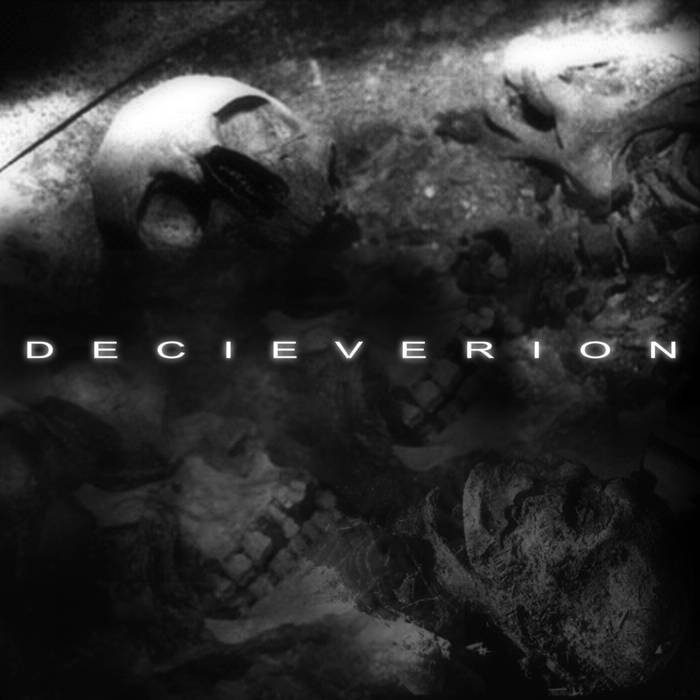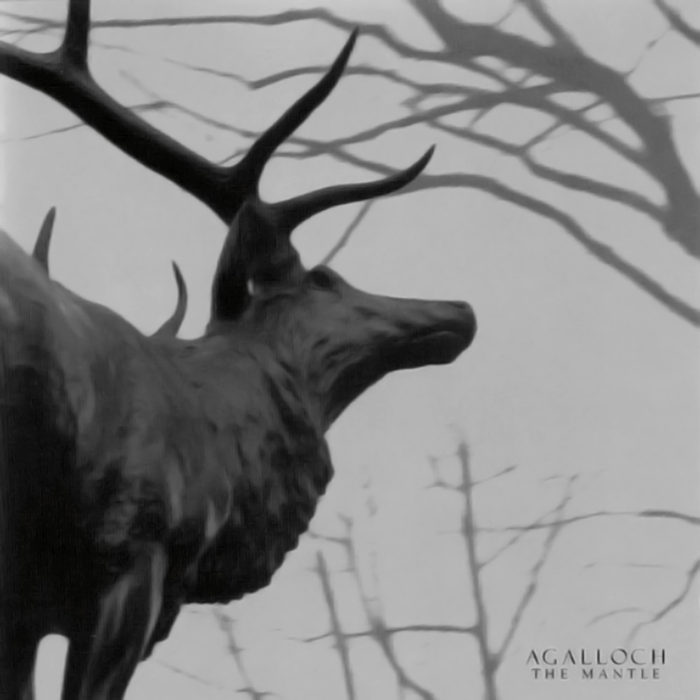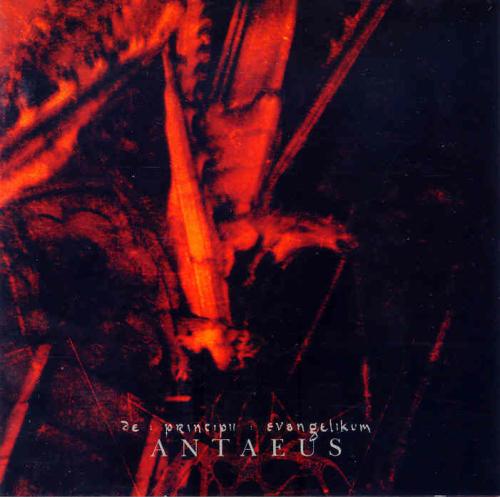
D E C I E V E R I O N
Decieverion
2002 Era Horrificus
Decieverion start out making what can precisely be described as dark metal, an amalgam of death, black and heavy metal techniques underpinned by extreme metal vocals which can be of a variety of kinds. The purpose of this music is first and foremost to take the listener through sights both bleak and destructive, but also moving and pensive. To this end, dark metal, and so Decieverion, adopt a variety of techniques which, while not disparate or incongruous, make it hard for the critic to place them within one style or genre. Unlimited by such restrictions, the music wanders around seemlessly without great contrasts being perceived as outright offensive. On the downside, the lack of stylistic focus gives this music an altogether weak voice, even if execution is enjoyable and profficient. Incumbered by the liberties and confusion of dark metal, Decieverion tread a middle path that allows for the transmission of varied emotionality at the expense of clarity and elaboration towards depth. A final valuation of the present work reveals that the greatest treasure to be found here is one of countless things to say subsumed under a same aura and personality.
Dark metal moves, as its name directly implies, towards themes “of darkness.” In short towards the less pleasant, the less visited, but no less crucial aspects of our lives and minds that are often neglected but which are more decisive to human experience than the parts that are “positive” or “nice,” —human delusions not withstanding. Furthermore, dark metal as a whole tends towards personal sensations of frustration or desperation, rather than the painting of mythological outlooks. In this there is the advantage of being able to raise a sign that says “I have seen and I have lived.” The disadvantage is that in taking up the space and time to represent this subjective, changing and capricious individuality, the comprehensible link that would make the music self-evident through structures and style to others becomes blurred and debilitated. Instead, it is the bleeding emotionality that seeps through the cracks that impressionistically transmits a holistic image that can only be captured by intuition. Furthermore, the commonplace nature of the expressions used ensures that it is the intuition of a human unencumbered by layers of abstractions and “artistic” demands that finds the emotional clarity found herein as the Decieverion’s most important asset.
Decieverion then moves between passages that hint at black metal, at death metal and at so-called doom metal, in a way that many would interpret as a that of an undefined underground metal. But being these stylistic differentiations within an ultimately united genre, a prudent mind can fuse them together without the slightest hint of incongruity. Sufficiently intelligible complexity is achieved by smoothing out the textures of adjacent sections, and using contrasts in this texture as narrative markers, rather than as tools of shock, which would have destroyed the music’s credibility. The rightful complaint to be made is not so much that the styles are mismatching, because they are taken back to the power chord, as well as the multi-purpose percussion style that is founded upon the rock-based extremisms of underground metal. As such, and in order to attain stylistic variety, Decieverion errs on the side of more mainstream genres. To summarize, Decieverion let themselves be understood by choosing the more comprehensible popular aspects of metal, as far as they go, while developing a narrative by extending songs that connect sections through a proper minding of texture and by protecting the integrity of tonality.
If music is to be ultimately interpreted as an art of communicating what words cannot describe, then the art of Decieverion is accomplished at that of the transmission of experience-based insight from individual to individual. While other works leave great impressions of great art, they are ultimately impersonal and lacking immediate relevance to the majority that behold them in awe.
15 CommentsTags: 2002, dark metal, DECIEVERION



